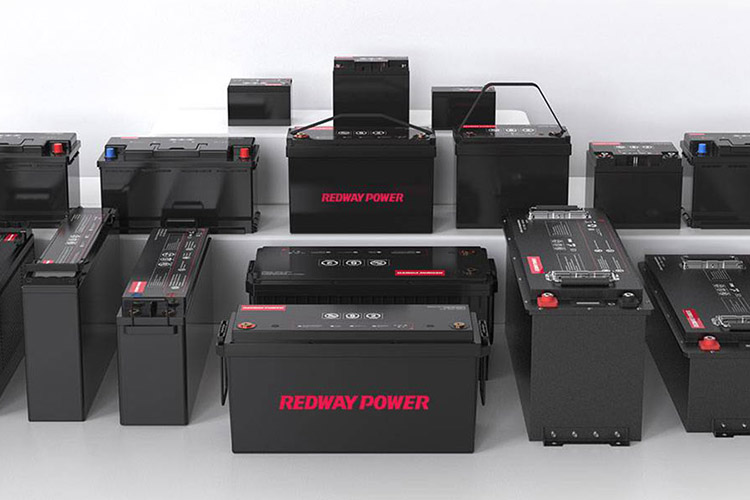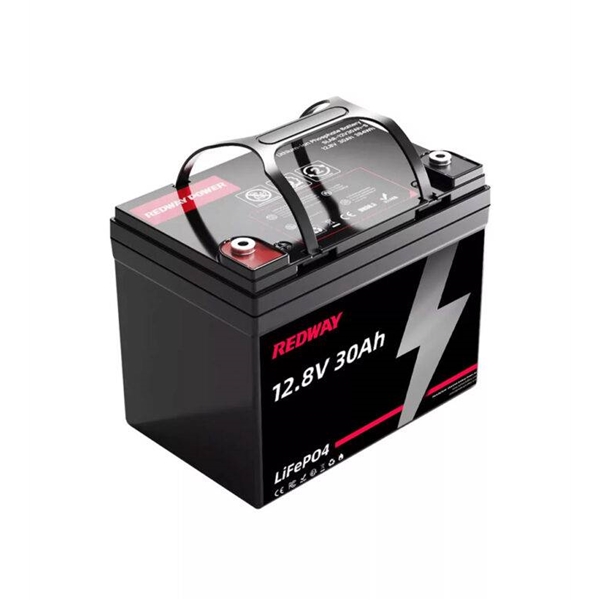Customization & Bulk Orders
What is the MOQ for custom 12V 30Ah LiFePO4 batteries?
The minimum order quantity (MOQ) for custom 12V 30Ah LiFePO4 batteries varies by manufacturer but typically starts at 50–100 units for OEM production. Higher quantities may reduce costs per unit due to economies of scale.
Can 12V 30Ah batteries be customized for specific applications?
Yes, custom 12V 30Ah LiFePO4 batteries can be tailored for voltage, capacity, size, casing, BMS settings, and terminal types. Customization is ideal for solar, marine, and industrial applications requiring unique performance specifications.
What’s the typical lead time for OEM orders in China?
Production lead time for OEM 12V 30Ah batteries typically ranges from 15–30 days, depending on order volume, design complexity, and component availability. Bulk orders may require additional processing time.
How does pricing vary for bulk LiFePO4 battery orders?
Bulk pricing is influenced by raw material costs, battery capacity, customization, and order volume. Large-scale purchases generally receive tiered discounts, with prices decreasing as quantity increases.
What quality control processes ensure battery reliability?
Quality control includes cell matching, cycle testing, BMS verification, and environmental testing. Reliable manufacturers conduct 100% capacity tests and ensure compliance with ISO, CE, UN38.3 standards for safety and durability.
Certifications & Compliance
Which certifications do China OEM LiFePO4 batteries have?
Most China OEM LiFePO4 batteries comply with CE, UN38.3, RoHS, IEC 62133, and MSDS certifications. These standards ensure safety, environmental compliance, and international transportability.
Safety certifications for Chinese LiFePO4 battery exports?
Exported LiFePO4 batteries require UL1642, IEC62133, UN38.3, and CE certifications, ensuring compliance with global safety and transport regulations for lithium batteries.
Certifications required for China battery suppliers?
Reputable China battery suppliers hold ISO 9001, ISO 14001, UN38.3, CE, and IEC certifications. These verify quality management, environmental responsibility, and battery safety for international markets.
What certifications does LiFePO4 12V 30Ah battery hold?
A 12V 30Ah LiFePO4 battery typically holds UN38.3, MSDS, CE, IEC62133, and RoHS certifications. These ensure safe shipping, environmental compliance, and operational safety.
Applications & Performance
Typical applications for 12V 30Ah LiFePO4 batteries?
The 12V 30Ah LiFePO4 battery is used in solar energy storage, RVs, marine equipment, medical devices, and backup power due to its lightweight design, deep cycling ability, and high safety standards.
What solar applications use 12V 30Ah lithium batteries?
These lithium batteries are ideal for solar lighting, portable solar power stations, and off-grid systems, offering efficient energy storage, deep cycling, and long lifespan.
What applications suit 12V 30Ah LiFePO4 deep cycle?
The deep-cycle 12V 30Ah LiFePO4 battery is suited for electric wheelchairs, mobility scooters, camping power stations, trolling motors, and UPS backup systems, ensuring consistent, long-lasting energy.
Which industries use CE-certified 250Ah lithium batteries?
CE-certified 250Ah lithium batteries are widely used in telecommunications, renewable energy storage, EVs, marine, and industrial backup power applications, ensuring safe and efficient energy solutions.
LiFePO4 vs Lead-Acid Comparison
LiFePO4 vs lead acid battery lifespan comparison?
LiFePO4 batteries last 5–10 times longer than lead-acid alternatives, with 2,000–5,000 cycles, compared to 300–500 cycles for lead-acid, making them more cost-effective long-term.
Cost efficiency of LiFePO4 vs lead acid 12V 30Ah?
LiFePO4 batteries have a higher upfront cost but offer lower lifetime costs, requiring fewer replacements and minimal maintenance, making them more cost-efficient than lead-acid.
Charging time differences between LiFePO4 and lead acid?
A LiFePO4 battery charges 2–3 times faster than lead-acid due to higher charge acceptance and low internal resistance. A 12V 30Ah LiFePO4 battery can charge in 3–5 hours, while lead-acid may take 8–12 hours.
Temperature tolerance of LiFePO4 vs lead acid batteries?
LiFePO4 batteries have better temperature resistance, operating between -20°C to 60°C, while lead-acid batteries struggle below 0°C and degrade faster in high heat.
Lifespan comparison: 12V 30Ah LiFePO4 vs lithium-ion?
A LiFePO4 battery lasts 2,000–5,000 cycles, whereas standard lithium-ion batteries offer 500–1,000 cycles. LiFePO4 also has better thermal stability and safer chemistry.
Manufacturers & Pricing
Top manufacturers of China wholesale 12V 30Ah LiFePO4 batteries?
Leading China-based manufacturers include CATL, BYD, EVE Energy, CALB, and Redway Power, known for high-quality LiFePO4 battery production.
Wholesale pricing trends for 12V 30Ah LiFePO4 batteries?
Pricing varies based on battery quality, raw material costs, and order volume, typically ranging from $80 to $150 per unit in bulk orders.
What is the price range for 12V 30Ah lithium batteries?
The price range for 12V 30Ah LiFePO4 batteries is $100–$200, depending on quality, BMS features, and manufacturer pricing policies.
Where to buy reliable 12V 250Ah lithium batteries?
Reliable 12V 250Ah lithium batteries can be sourced from direct OEM manufacturers, authorized distributors, and online wholesale platforms specializing in LiFePO4 technology.
Warranty & Safety Features
Do manufacturers offer warranty or quality guarantees?
Yes, most OEM LiFePO4 battery manufacturers offer warranties between 3–10 years, covering defects, cycle performance, and manufacturing issues.
How does deep cycle benefit LiFePO4 battery performance?
Deep cycling improves LiFePO4 efficiency, allowing consistent discharge without capacity loss, making it ideal for solar storage, marine, and backup power.
Safety features in certified LiFePO4 batteries?
Certified LiFePO4 batteries include BMS protection, thermal monitoring, overcharge/short-circuit prevention, and fire-resistant materials, ensuring safe operation and longevity.
How do manufacturers ensure safety in lithium battery production?
Manufacturers implement cell balancing, automated QC testing, and international safety compliance, ensuring reliable and high-performance lithium battery production.





